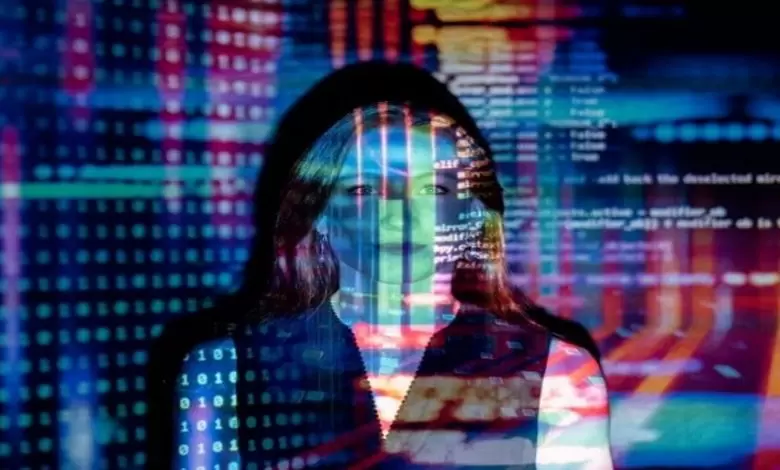
In recent years, advances in technology have undeniably brought about improvements in many areas of life. However, alongside these positive changes, new challenges have emerged, particularly with the misuse of artificial intelligence (AI) to create harmful, fake content targeting women. The rise of deepfake technology, which can manipulate faces or voices to create deceptive media, has escalated into a serious threat.
Initially, deepfake technology was limited to a few circles without widespread accessibility. However, with the rise of various apps and websites capable of generating fake images and videos, deepfakes are now commonly used to target women specifically. Recent studies show that deepfake websites have amassed over 24 million users. On social media platforms like X (formerly Twitter), links to these deepfake apps have surged by over 2400%, highlighting a disturbing trend.
Research indicates that women are the most frequent victims of this digital abuse. Many affected women remain unaware that fake images or videos depicting them are circulating online, and even when they do discover the issue, legal recourse can be difficult to pursue. This contributes to an environment where women face increased harassment in the online sphere.
The effects of online harassment are both psychological and social. Victims often experience embarrassment, fear, and a sense of insecurity, leading many to withdraw socially and impacting their daily lives. Although AI has also brought positive changes, such as new policies by Google, YouTube, and Meta to label AI-generated content, these measures have not significantly reduced the impact of fake media.
Efforts to combat AI-generated fake content are underway in many developed countries, but results remain unsatisfactory, particularly concerning the protection of women. Stronger, more specific laws are needed to protect women effectively from this kind of harassment.
Steps Toward a Safer Digital Space: Empowerment, Awareness, and Legal Action
Empowering women with knowledge about this technology is the first line of defense. Awareness of how fake content is created and methods to safeguard personal security online can make a significant difference. Social media platforms must also take this issue seriously, strengthening their policies and utilizing advanced technology to detect fake content more effectively.
Legislators need to recognize the severity of this problem and draft stricter laws to penalize those who create and spread fake media. Beyond just a technological issue, this is a societal one. To establish a safe and equitable online environment, a collective response is essential. By taking these steps, we can pave the way for a more secure and just digital world for all.
2.jpeg)
1.jpeg)
09 Jul, 2025





1.jpeg)
09 Jul, 2025